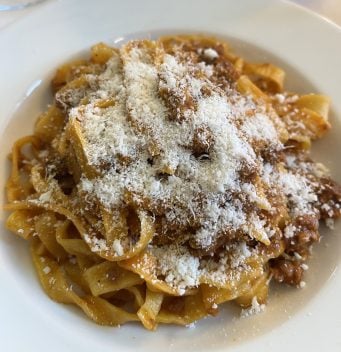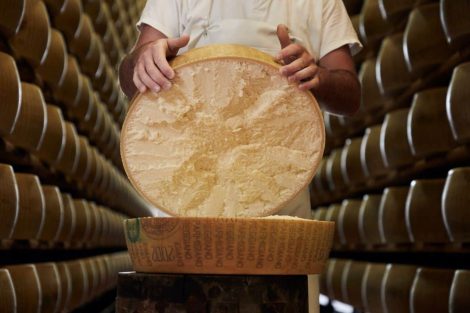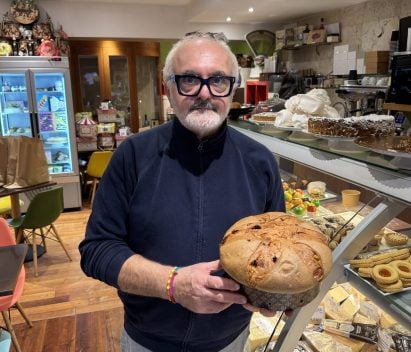We had predicted it would be the year of kombucha. The fermented drink with a millennia-old history, benefiting from a renewed friendly relationship with bacteria thanks to the spread of sourdough and various fermented foods, is gaining popularity and has now become the subject of a freshly printed book. It was written by Stefano Zamboni, a kombucha producer from Veneto, illustrated by Caterina Di Paolo, and published by the meticulous Romagna-based publishing house Quinto Quarto, which enriches its unique shelf dedicated to sustainable food, self-production, and zero waste.

Kombucha. L'antico tonico orientale: storia, scienza e ricette ("Kombucha. The Ancient Oriental Tonic: History, Science, and Recipes") combines scientific information with an enjoyable narrative and offers many suggestions for home experiments, catering to the healthy nerd passion for self-producing the non-alcoholic drink. "I wanted to create a book that introduces kombucha in a light yet serious way. We fermenters are a growing community, many people write to me for advice or to refine their recipes; there is a direct relationship." The book aims to expand the community.
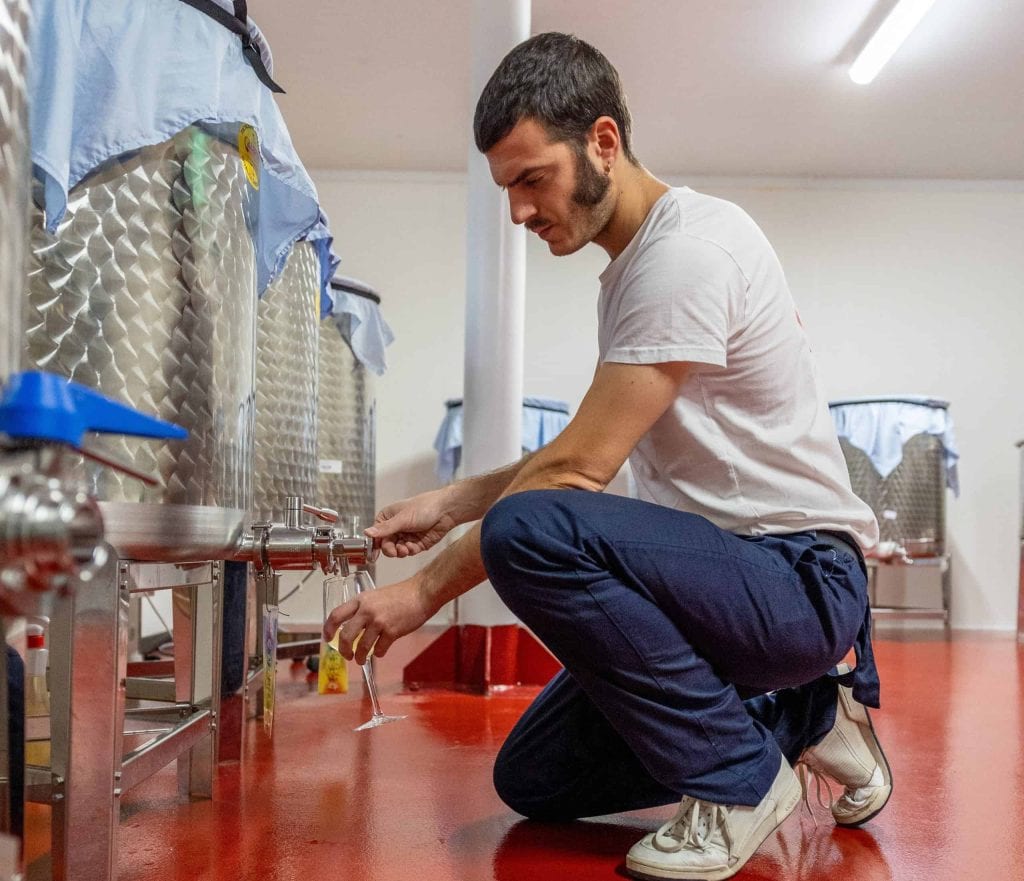
Stefano Zamboni not only knows everything about the non-alcoholic beverage and writes about it, but he also produces it. How did the idea come about? Especially in Veneto...
Indeed, it was a bit of a challenge in my area. But I see that attitudes towards non-alcoholic products are changing; there’s no longer the same ridicule. In 2018, I went on a trip to the United States. I wasn’t looking for it, but it was everywhere, and everyone was drinking it. I started drinking it too and investigating. When I returned home, I couldn’t find a kombucha that satisfied me, so I started making it myself. I occupied a room in my grandmother’s house and began experimenting, and I interacted with other producers around Europe. The beautiful thing is that kombucha producers are a real community, much like the bacteria and yeasts that cooperate in fermentation. I refined my recipe, and at the end of 2019, I opened Legendary Drink and launched the brand Legend Kombucha. Since 2022, we have a new facility in Montorio, in an industrial archaeology site formerly dedicated to wool processing.
The book explains how this drink was known in Italy as early as the 1950s. What happened next?
Perhaps after the war, Italy lacked the hippie culture that kept it alive in America. In the 1990s, a health-conscious, vegan, vegetarian counterculture in the USA, which didn’t yet exist here, created fertile ground for kombucha to become a business. From the 1970s in Italy, people became convinced that industrial foods were better than artisanal ones, and the custom of home-producing food was lost, so even a preparation like this was forgotten, although it was kept alive by a small group of people.
Why should we buy bottled or canned kombucha when home production is a key element of all fermented foods?
I’ve been making it every day for 6 years and have gained experience that allows for greater precision. But home production is also great; it’s a good way to understand the fermentation process and also to know if the product you’re buying is genuine. Because the initial enthusiasm for making it at home may fade, but you might still want to continue drinking it.
How can you recognize quality kombucha?
It must be alive, meaning it shouldn’t be pasteurized or microfiltered, as it has been for over two thousand years. If it’s microfiltered, it means it’s dead, and if this is done, it’s only for commercial reasons, not for quality: the buyer wants to store it. The fact is that Italy has an outdated distribution channel with little desire to innovate. In our case, we only work with certain distributors. We lose opportunities in the short term, but by being persistent, just like in the USA, those who didn’t give in now hold 40% of the market. It’s a choice of authenticity, especially since if I offer an almost unknown product, I want people to taste it at its best.
Historically, the search for health benefits has influenced its consumption. Is this still the case?
Many say, “It makes me feel good,” and I say the same, having drunk it every day for 6 years. Today, studies scientifically prove what has always been empirically understood. The benefits are not just due to the presence of antioxidants but also to vitamins like B12 and C. Like all fermented foods, it contains organic acids and probiotics. In any case, starting to consume kombucha transforms your lifestyle because it leads to more questions about what we eat. In Italy, we’re a bit behind in focusing on the microbiota, but it’s catching on.
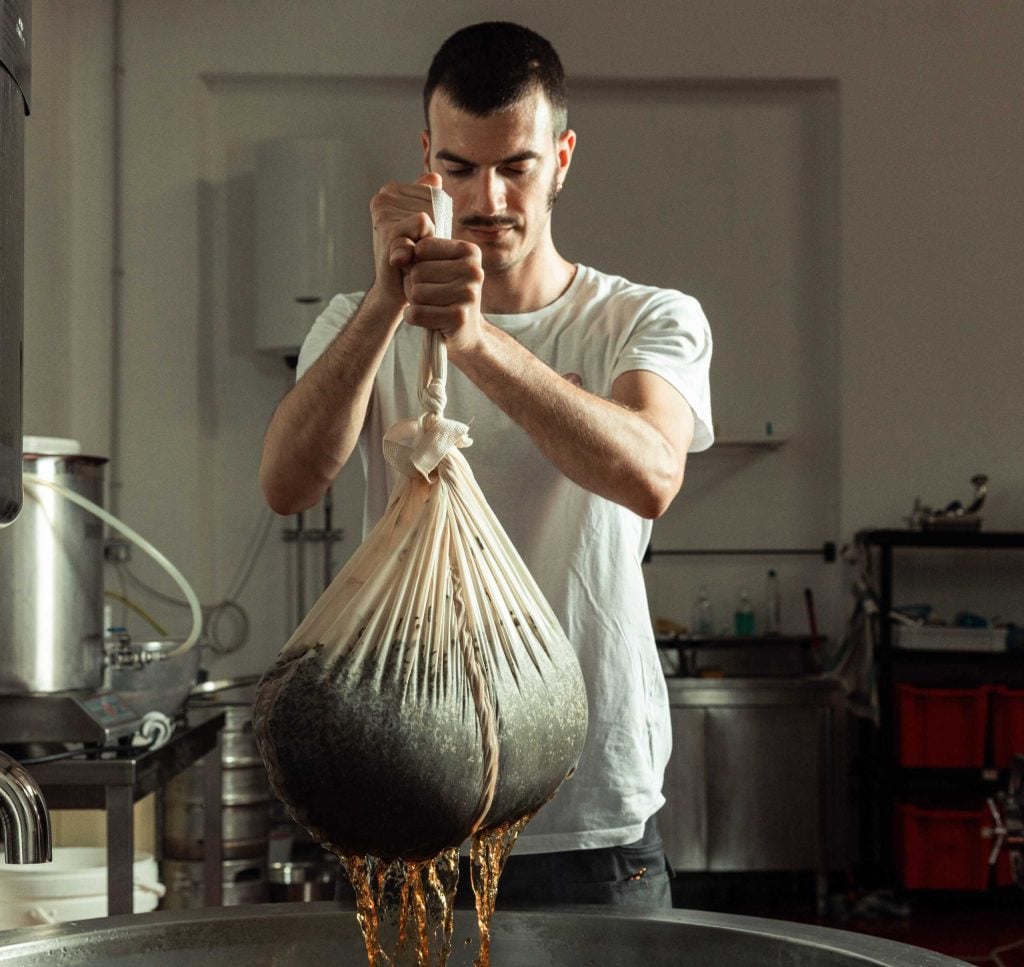
Are sales growing in Italy?
Yes, compared to last year, our sales have tripled. Initially, we targeted consumers following a vegetarian diet or those interested in natural beers or wines, especially in big cities like Rome, Milan, Bologna. Since last year, interest has spread throughout Italy, with a significant increase in e-commerce, even through monthly subscriptions. The main markets are where there are tourists, especially Germans or Americans who regularly consume it.
Can kombucha and wine coexist?
Of course, they can, although kombucha is a cannibal product, meaning it can replace others. Despite being non-alcoholic, it’s a fermented drink with acidic and mineral notes, so it can compete with wine. If a consumer wanted to replace one with the other, they could do so without any problems.
Is it of interest to young people?
We’ve seen a shift in attitude towards non-alcoholic drinks, but not so much among the very young, more among people aged 35 and up. Last year, we did many promotions during “Dry January” without much success. This year was different: everyone talked about it a lot, even on social media, and in January, we recorded a sales record in e-commerce. Sensitivity has changed; drinking non-alcoholic beverages is no longer seen as uncool, and this trend is also reaching young people, although in Italy, we’re a bit behind.
In the end, is kombucha a fad, or will it last this time?
For 25 years, it has been steadily growing in English-speaking countries, so I think it’s safe to say it’s not a fad. In the USA, it’s a market category in its own right, and I think it will pave the way for many similar products, not just non-alcoholic fermented drinks but also foods with functional properties that consumers seek today and will especially seek tomorrow once they understand their impact on health.

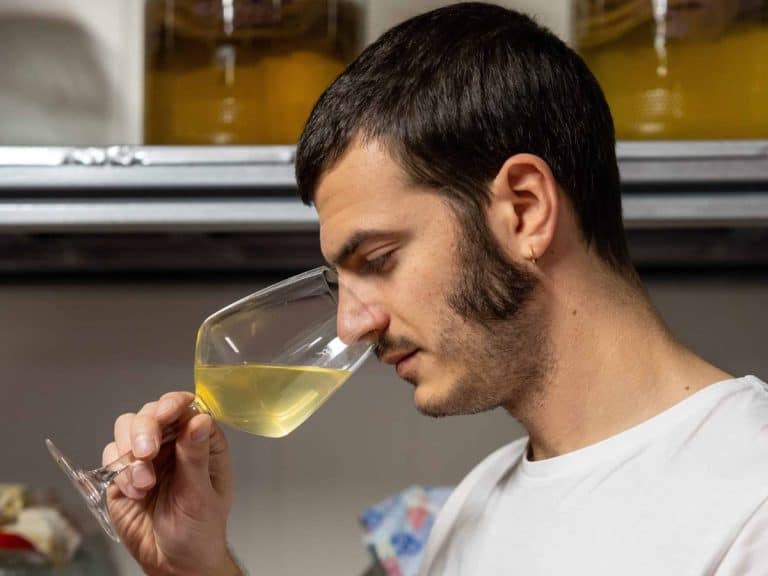
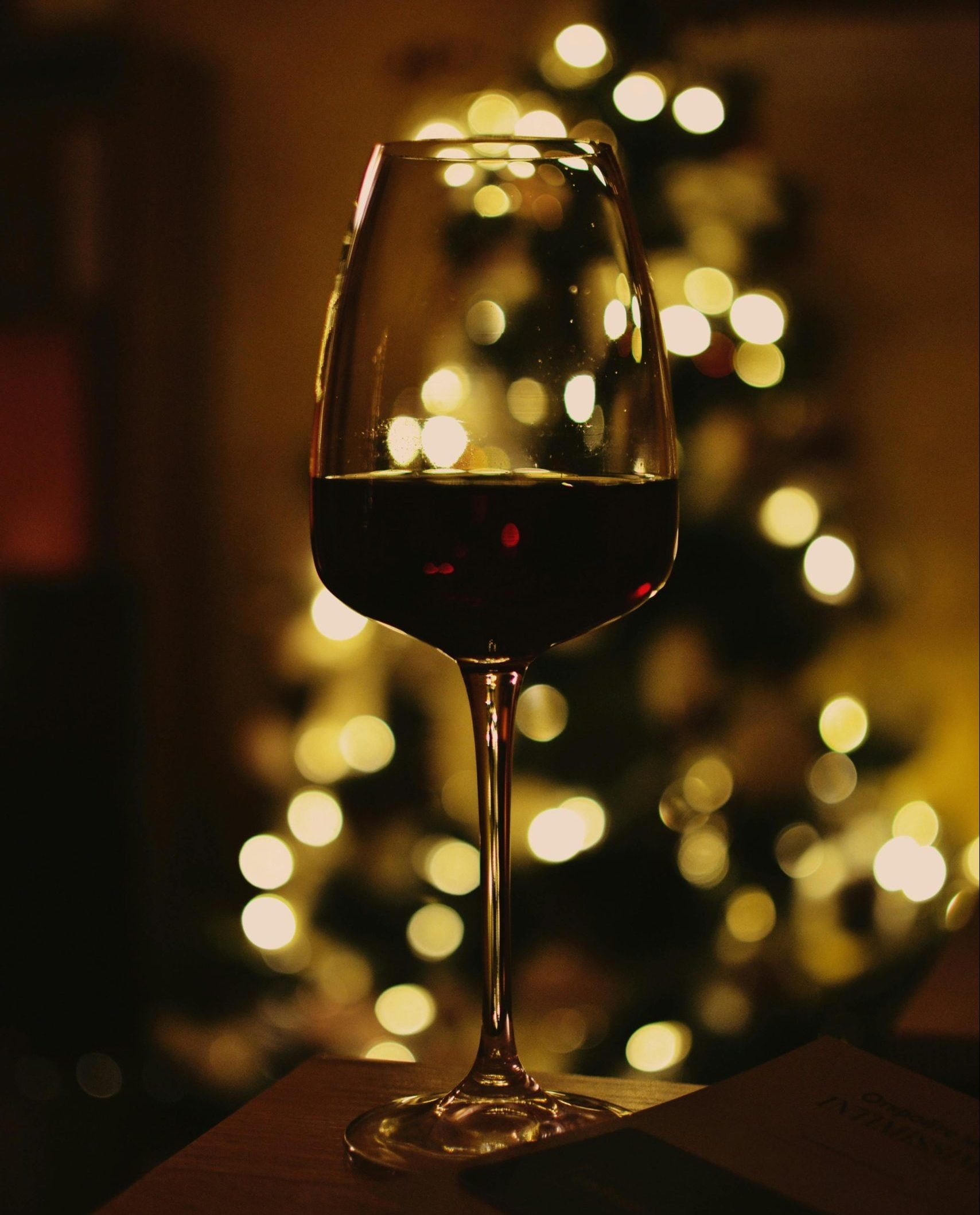 What do sommeliers drink at Christmas?
What do sommeliers drink at Christmas?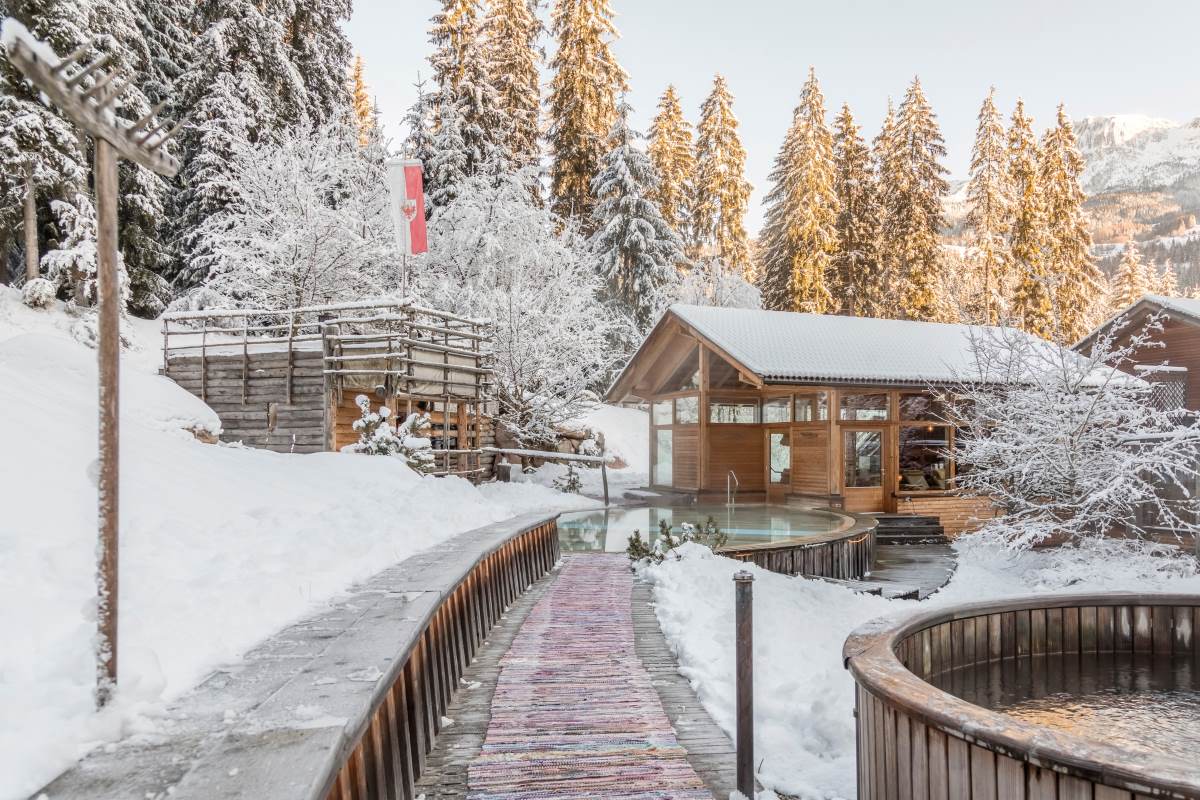 The alpine hotel where you can enjoy outstanding mountain cuisine
The alpine hotel where you can enjoy outstanding mountain cuisine Io Saturnalia! How to celebrate the festive season like an Ancient Roman
Io Saturnalia! How to celebrate the festive season like an Ancient Roman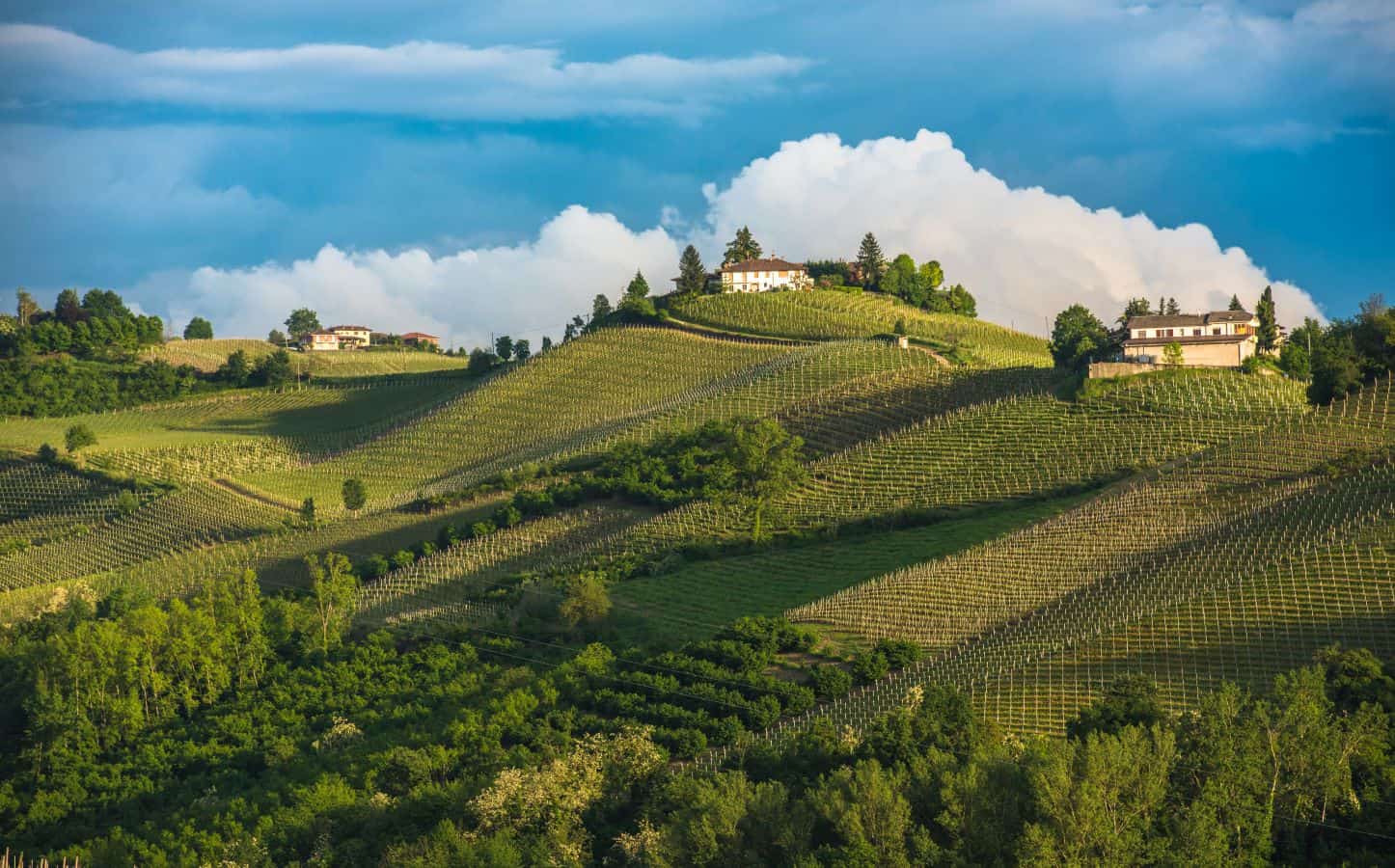 The UNESCO effect: tourism is growing, but there is a risk of losing identity
The UNESCO effect: tourism is growing, but there is a risk of losing identity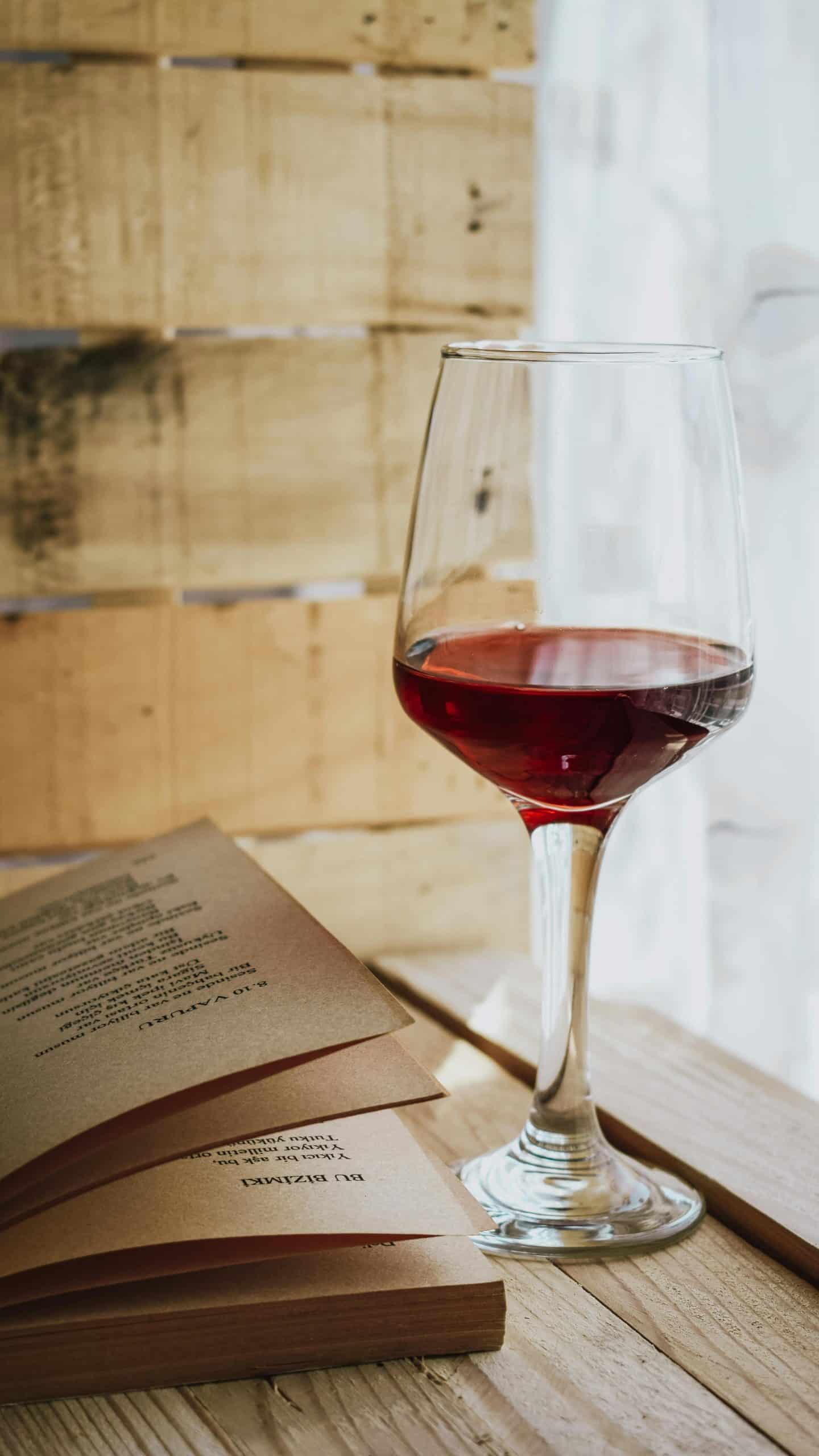 The perfect pairing? Wine and books
The perfect pairing? Wine and books

